 |
 |
 |
 |
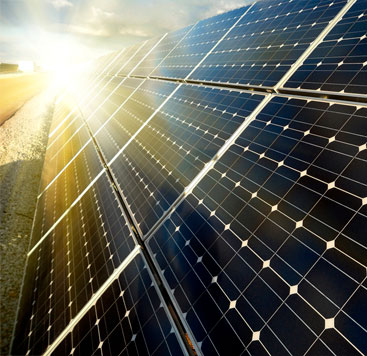 |
 |
 |
 |
 |
 |
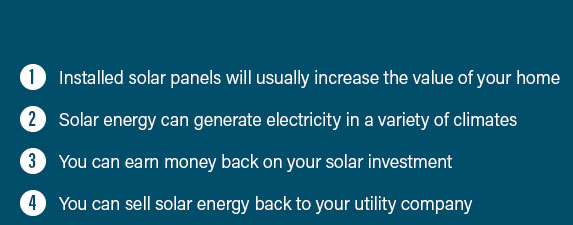 |
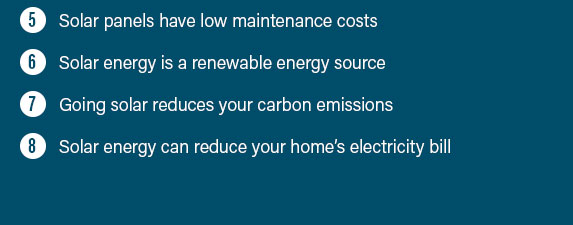 |
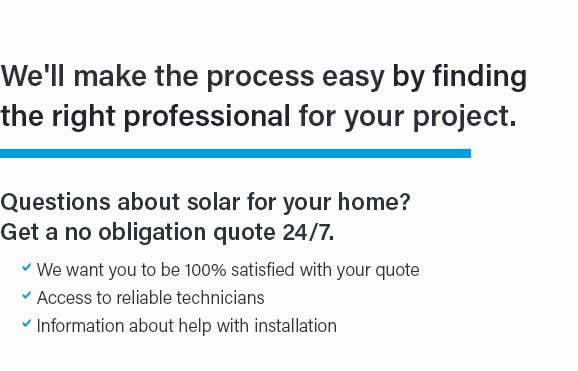 |
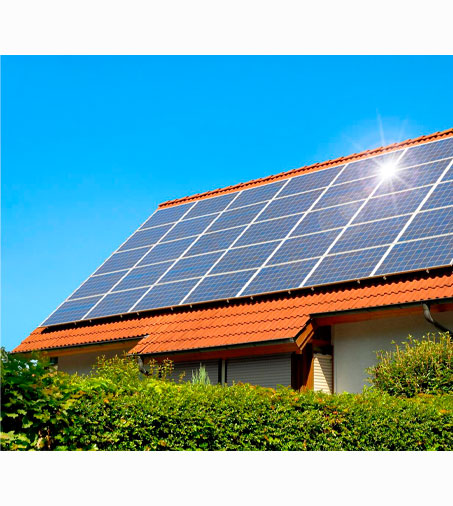 |
|
 |
 |
 |
Installing Solar Panels at Home: A Comprehensive GuideUnderstanding the Benefits and DrawbacksInstalling solar panels at home can be a transformative decision. There are numerous advantages and some disadvantages to consider. Benefits of Solar Panel Installation
Potential Drawbacks
Choosing the Right Solar PanelsSelecting the appropriate solar panels for your home involves considering several factors. Types of Solar Panels
Installation ConsiderationsConsulting with experts, such as solar installers in Elmhurst, ensures you make informed decisions. Installation Process OverviewThe installation process involves several key steps to ensure optimal performance. Site AssessmentAn initial assessment determines the best placement for panels based on sun exposure and roof condition. Permits and PaperworkAcquiring necessary permits is crucial. This can vary based on local regulations. Installation DayThe actual installation typically takes one to three days, depending on system size. FAQs About Installing Solar Panels at HomeHow long do solar panels last?Solar panels generally have a lifespan of 25 to 30 years, with warranties often covering 20 to 25 years. Are there maintenance requirements for solar panels?Solar panels require minimal maintenance, primarily periodic cleaning and annual inspections. Can solar panels work in cloudy weather?Yes, solar panels can still generate electricity during cloudy weather, although efficiency may be reduced. https://www.homedepot.com/services/c/cost-install-solar-panels/3e382af82
Average Cost of Solar Panel Installation - No two solar power systems are the same. They are custom-based on the home, roof type, shading, and utility. https://www.investopedia.com/articles/mortgages-real-estate/10/solar-power-home.asp
Upfront costs: At the time of installation, you'll pay not only for the solar energy system itself but also the labor and installation fees, permits, and ... https://www.reddit.com/r/solar/comments/xwdsol/what_do_you_wish_youd_known_before_you_installed/
... solar panels on your home. So now that you have ... I highly recommend installing solar if you live in a state with high electricity costs.
|